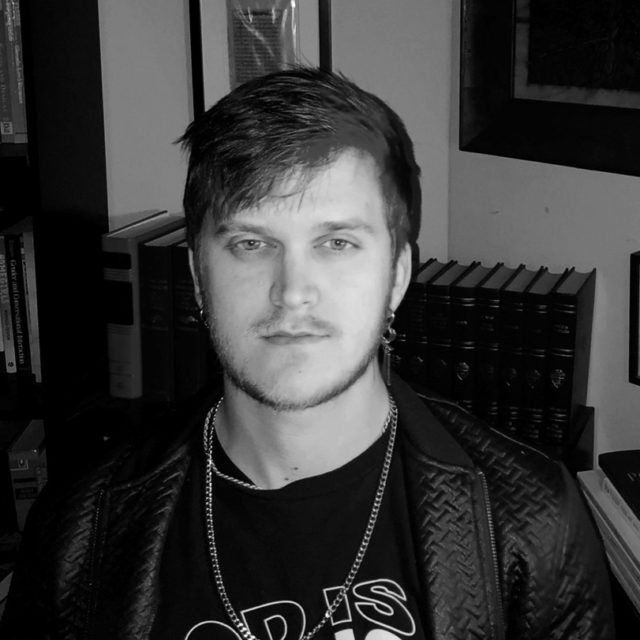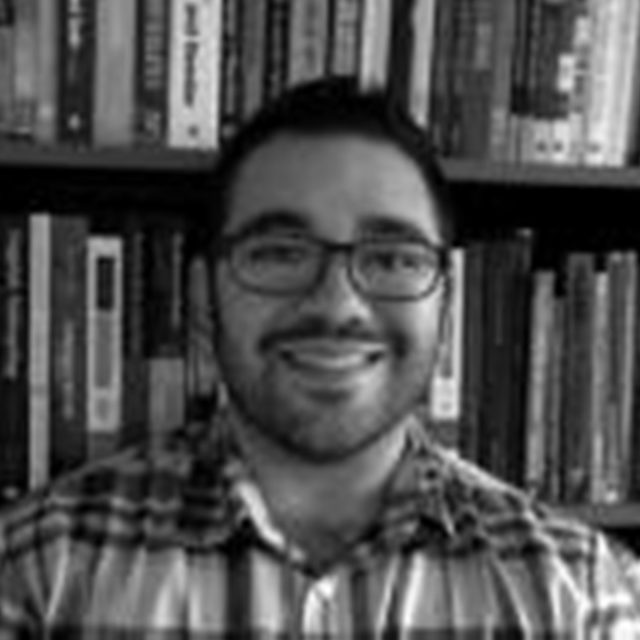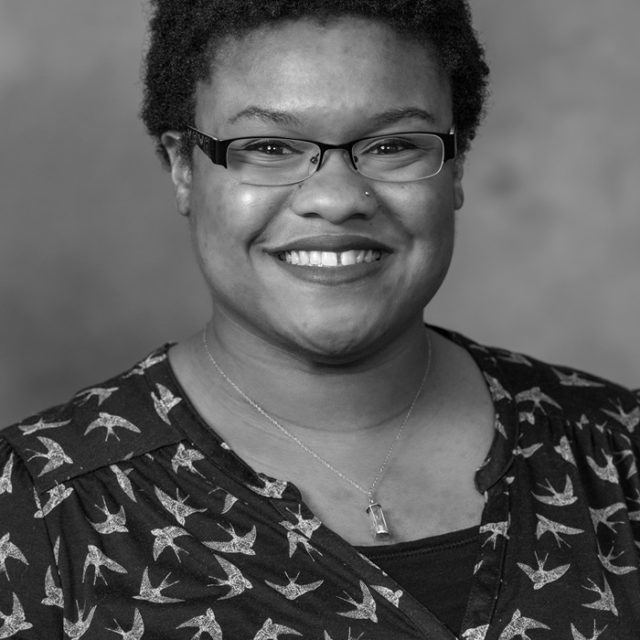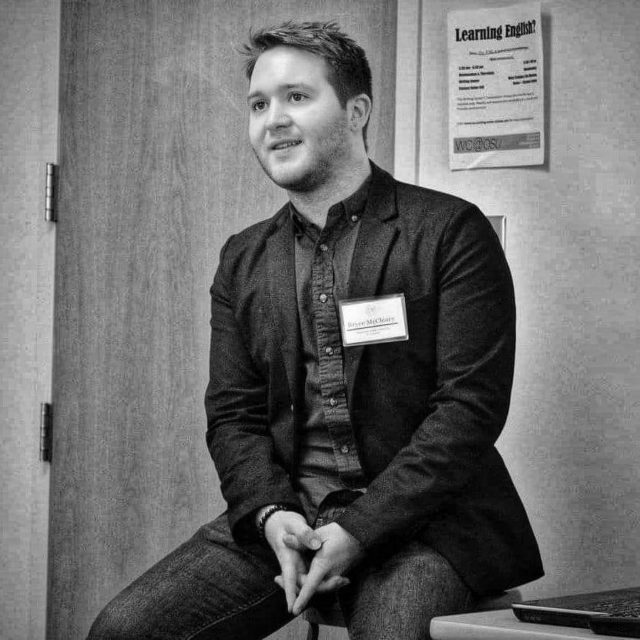A Queer(ed) Science of Language
Contemporary Perspectives
Participantes
-
Tyler Kibbey

Tyler Kibbey
Tyler Kibbey is a Research Fellow at the University of Humboldt –Berlin in collaboration with the Leibniz-Centre General Linguistics and Collaborative Research Center 1412 on “Register”. He is also Chair of the LSA Committee on LGBTQ+ [Z] Issues in Linguistics
-
Lal Zimman

Lal Zimman
Lal Zimman is Assistant Professor in the Department of Linguistics and Affiliated Faculty in the Department of Feminist Studies at UC Santa Barbara. He is also General Editor of Oxford University Press’s Studies in Language, Gender, and Sexuality Series. Zimman received his PhD in Linguistics at the University of Colorado, Boulder in 2012, where he was affiliated with the programs in Culture, Language and Social Practice (CLASP) and Women’s and Gender Studies.
Zimman is a sociocultural linguist who focuses on the linguistic practices of transgender and LGBQ speakers through a combination of ethnographic, discourse analytic, and sociophonetic methods. Much of his work is concerned with the complex relationship between identity and gendered embodiment, which he approach from two perspectives.
-
Dominique Canning

Dominique Canning
Dominique’s main research interests are based in sociolinguistics, primarily concerning the use of language by queer people of color. Her current research focuses on the ways queer people of color use language to construct their own identities in various spaces. Recently, Dominique examined the way language was used to create Titus Andromedon’s identity as a Black gay man in the Netflix show Unbreakable Kimmy Schmidt. She graduated in 2016 with a Bachelor of Science in English Linguistics with a minor in Queer Studies from Eastern Michigan University, where her research focused on the use of language to delineate group boundaries in the discussion of asexuality as a queer identity.
-
Bryce McCleary
Resumo →
A Queer(ed) Science of Language
Contemporary Perspectives
Nearly a century ago, following the formation of the Linguistic Society of America, Leonard Bloomfield presented a brief defense of the formation of the society and the legitimacy of “a science of language”. He construed the field of linguistics – at that time not quite so much a discipline – as belonging to the human sciences, distinct from the natural sciences, philology, and psychology. For Bloomfield, linguistics represented the link, second only to psychology, between “the natural sciences and the human”. In so doing, contemporary linguists of this tradition have inherited a discipline that is at once the least human of the humanities and the least scientific of the sciences; the most scientific of the humanities and the most human of the sciences. In a way, this multidisciplinary foundation has allowed for the intellectual propagation of an ever-increasing number of specialist subfields. Simultaneously, this hyper-speciation runs counter to the centralization of the discipline within the formalist subfields of linguistic inquiry during the 20th century. We are thus left with a discipline – which is to say a specialist academic institution – that devotes as much time to the development of linguistic inquiry as to the disenfranchisement of the majority of its subfields. It is in the context of this intellectual climate that we may encounter queer linguistics.
Queer linguistics – in its position as both a linguistic science of and for queer folk – is inherently agitating to the disciplinary anxiety of a general linguistic science. It represents, as all queer science does, a disruption of the normative modes of knowledge production and a displacement of academic authority. To this extent and as a matter of practical application, a queer(ed) science of language presents a locus from which to engage an anti-disciplinary linguistics, one much akin to the state of the field in America prior to the 1920s. That is to say, a queer(ed) language of science may yet allow for a more clearly unified anti-colonial, anti-imperial, and anti-racist paradigm of linguistic inquiry. This panel seeks to demonstrate such through the presentation of contemporary research in queer linguistics and an appraisal of how such research implicitly and explicitly confronts linguistics as a discipline.

